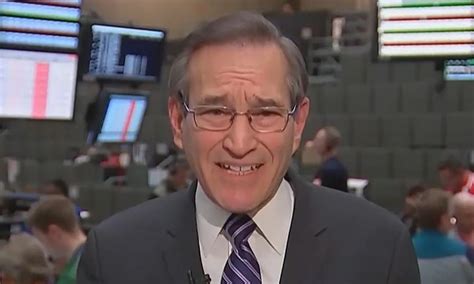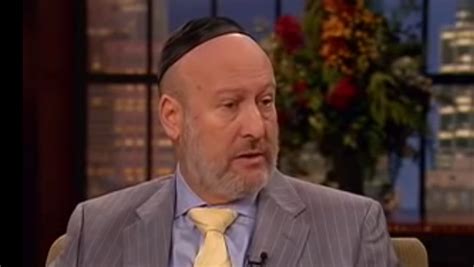A Quote by Bashar al-Assad
Since the beginning of the crisis, since the terrorists started to control some areas within Syria, the majority of the Syrian civilians left that areas to join the government areas, not vice versa. If the majority of the Syrians don't trust the government, they should go the other way.
Related Quotes
If we look around, then, at the crucial problem areas of our society - the areas of crisis and failure - we find in each and every case a “red thread” marking and uniting them all: the thread of government. In every one of these cases, government either has totally run or heavily influenced the activity.
There's a whole range of areas that we'll be looking at, so I'm not at this very early stage going to specify any particular areas. As you will know, there will be a limit to how far we can go in terms of a formal free trade agreement until we've actually left the European Union. I think there is much that we [with Donald Trump] can do in the interim in terms of looking at how we can remove some of the barriers to trade in a number of areas.
I'm going to continue to push for a no-fly zone and safe havens within Syria not only to help protect the Syrians and prevent the constant outflow of refugees, but to, frankly, gain some leverage on both the Syrian government and the Russians so that perhaps we can have the kind of serious negotiation necessary to bring the conflict to an end and go forward on a political track.
I think it was going to be hard to work with Russians on Syria. There is some potential overlap between the U.S. and Russia in that the Russians don't want to see the Syria situation unravel to a point where they have to escalate their own involvement. But at the moment, I don't see the U.S. and Russia on the same page in Syria. Russia seems much more interested in consolidating government control over liberated areas. It seems to me that the U.S. and Russia are proving they can disagree for independent reasons in any number of theaters.
From the first day I took the decision as President to defend my country. So, who killed ? That's another question. Actually, the terrorists have been killing our people since the beginning of this crisis two years and a half ago, and the Syrian people wanted the government and the state institutions and the army and the police to defend them, and that's what happened.








































